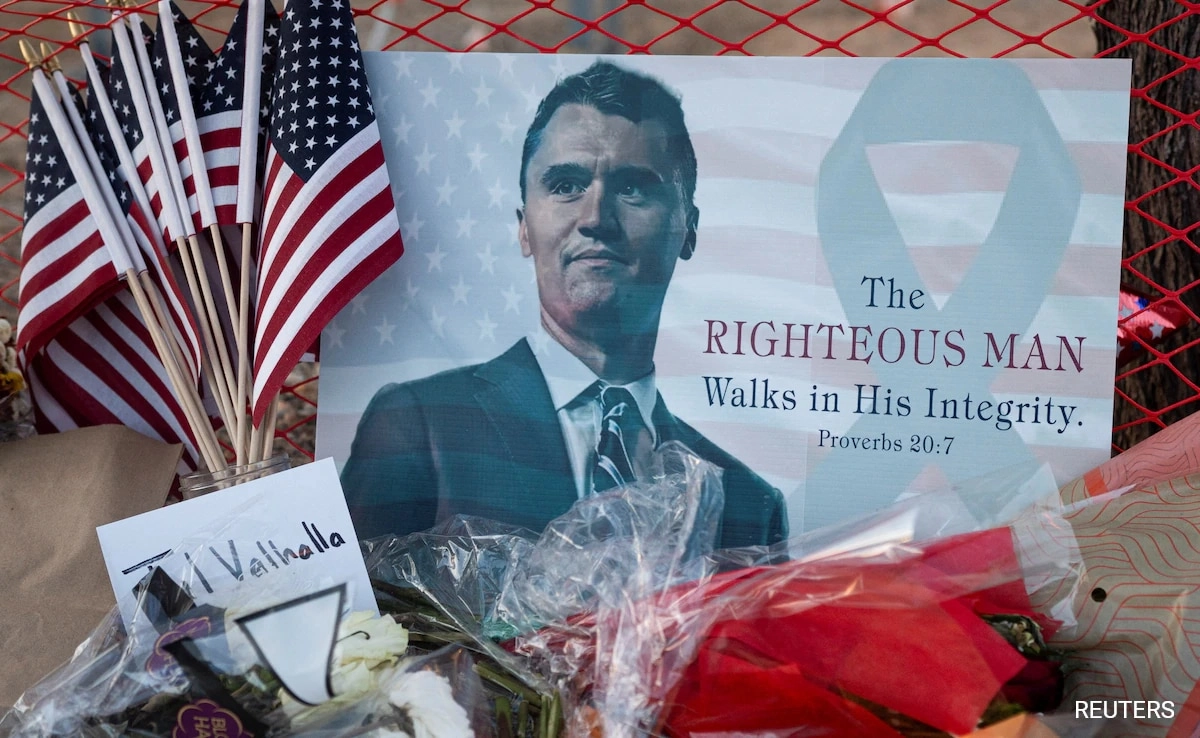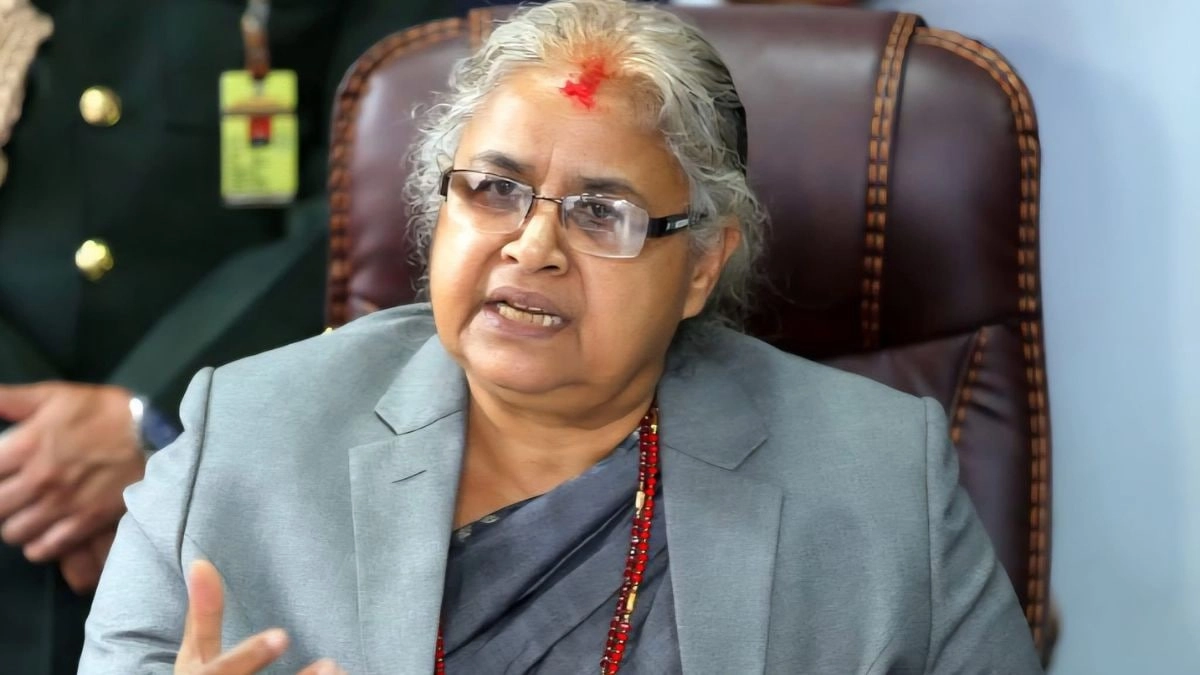In a recent turn of events, the passing of a notable figure, Kirk, has sparked significant controversy among his allies and associates. Following his death, some individuals within Kirk’s circle have taken it upon themselves to dismiss or terminate the employment of those who allegedly celebrated his demise. This reaction has raised eyebrows and ignited discussions about the appropriateness of such measures in the wake of a loss.
Kirk was known for his impactful contributions and the relationships he forged throughout his career. His death has left a void that many are struggling to fill, both emotionally and professionally. The decision of some of his allies to act against those who expressed joy or relief at his passing highlights the complexities of grief and loyalty. It seems to suggest that there is an expectation of mourning, not just as a personal sentiment but as a professional obligation. This raises questions about workplace dynamics and how personal feelings intersect with professional relationships in times of tragedy.
The backlash against those perceived as having celebrated Kirk’s death reflects a broader societal expectation regarding how individuals should respond to loss. While mourning is a deeply personal experience, the idea that one must adhere to specific expressions of grief in a professional setting is contentious. Some argue that the actions taken against these individuals are excessive and create an atmosphere of fear and repression, discouraging open dialogue about the complexities of emotions surrounding death. Others, however, maintain that loyalty and respect for the deceased should prevail, advocating for a culture that honors the memory of those who have passed.
As this situation unfolds, it serves as a poignant reminder of the varied ways people process grief and the potential ramifications of public expressions of that grief. The actions of Kirk’s allies may be rooted in a desire to uphold his legacy and protect the values he embodied. Still, they also underscore the challenges of navigating personal feelings in a professional realm, raising important questions about accountability, loyalty, and the nature of mourning in contemporary society.




